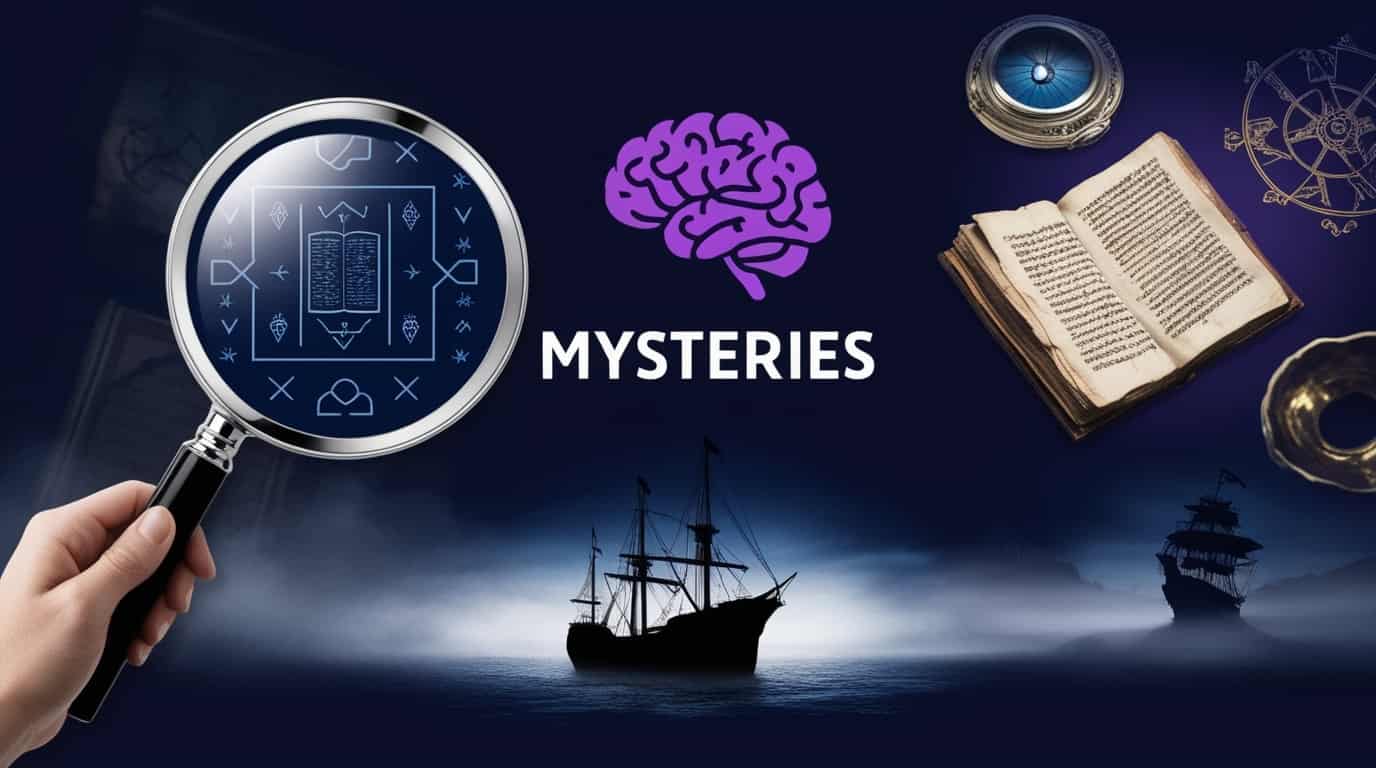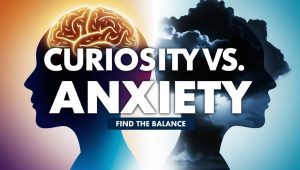The Unstoppable Allure of the Unknown
Whether it’s an unsolved crime, a strange historical enigma, or even a puzzling internet mystery, humans have an undeniable fascination with the unknown. But what exactly makes mysteries so addictive? And why do we feel compelled to solve them?
The Psychology of Curiosity: How Mysteries Keep Us Hooked
Our brains are naturally wired to seek answers. When we encounter a mystery, our brain goes into overdrive, producing dopamine, the same hormone that rewards us when we eat, play, or win. Psychologists refer to this as the “information gap theory”—any gap between what we know and what we want to know creates an itch we need to scratch.
Another key element is suspense. Studies show that suspense activates the brain’s pleasure centers, explaining why mysteries give us a thrill similar to physical experiences like roller-coaster rides.
Top Mysteries That Have Captivated People for Centuries
Let’s look at some famous mysteries that continue to fascinate:
The Voynich Manuscript: This medieval text, written in an undeciphered language and filled with strange illustrations, has stumped linguists, historians, and cryptographers for over a century.
The Bermuda Triangle: An area in the Atlantic where ships and planes allegedly vanish without a trace, the Bermuda Triangle has inspired countless theories, from magnetic anomalies to alien abductions.
The Dyatlov Pass Incident: In 1959, nine experienced hikers died mysteriously in the Ural Mountains of Russia. Despite multiple investigations, the exact cause of death remains unknown, making it one of the most haunting mysteries in recent history.
DB Cooper’s Disappearance: This unsolved mystery from 1971 involves a man who hijacked a plane, demanded $200,000, and then parachuted out—never to be seen again.
Amelia Earhart’s Disappearance: The famous aviator vanished over the Pacific Ocean in 1937. Despite countless search efforts, her fate remains one of aviation’s most famous mysteries.
What Draws Us to Solve Mysteries?
In solving a mystery, our brains experience the satisfaction of creating order out of chaos, turning the unknown into something understandable. According to psychologist Dr. Maria Konnikova, our problem-solving skills improve as we attempt to fit pieces of a puzzle together, which also strengthens cognitive resilience.
The Positive Impact of Embracing Mystery
Exploring mysteries can improve critical thinking, patience, and creativity. Mysteries push us to think outside the box and stay persistent when answers don’t come easily. They’re not just entertainment; they help us hone our ability to analyze, predict, and adapt
Conclusion: A Fascination Worth Embracing
Mysteries do more than entertain—they tap into our deep-seated drive to understand the world and find meaning in it. So the next time you’re drawn into a strange story, embrace it! It’s just your brain’s way of keeping you sharp and curious.









